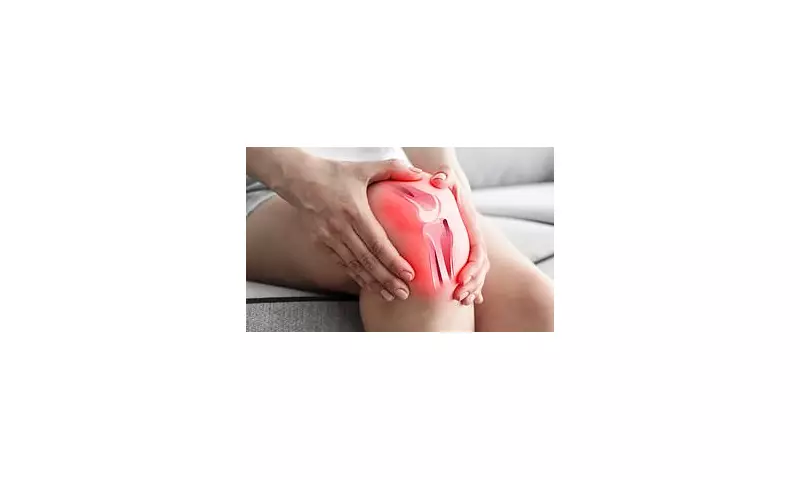
Millions of Britons suffering from debilitating knee osteoarthritis may soon be offered a revolutionary alternative to painkillers and surgery, according to groundbreaking new research that could transform NHS treatment protocols.
The Exercise Breakthrough
A comprehensive study has revealed that structured exercise therapy programmes deliver superior pain relief and functional improvement compared to traditional pharmaceutical approaches. The research demonstrates that targeted physical activity not only reduces discomfort but actually improves joint function and quality of life.
How Exercise Therapy Works
Unlike general fitness routines, these specialised programmes focus on strengthening the muscles surrounding the knee joint, improving flexibility, and enhancing stability. Patients work with physiotherapists to develop personalised regimens that address their specific needs and limitations.
Key Benefits Include:
- Significant pain reduction without medication side effects
- Improved mobility and joint function
- Long-term sustainability compared to temporary solutions
- Reduced reliance on painkillers and anti-inflammatory drugs
- Delayed or avoided surgical interventions
Transforming NHS Treatment Pathways
The findings are prompting a major rethink in how the NHS manages osteoarthritis, which affects approximately 8.5 million people across the UK. With waiting lists for joint replacements stretching to months or even years, exercise therapy offers a viable, cost-effective alternative that patients can start immediately.
What This Means for Patients
Rather than being told to "rest and take painkillers," osteoarthritis sufferers may soon be referred to specialist exercise programmes as a first-line treatment. This proactive approach empowers patients to take control of their condition while reducing the burden on surgical services.
The research represents a paradigm shift in osteoarthritis management, moving away from passive treatments toward active, patient-centred care that delivers lasting results without the risks associated with medication or invasive procedures.





